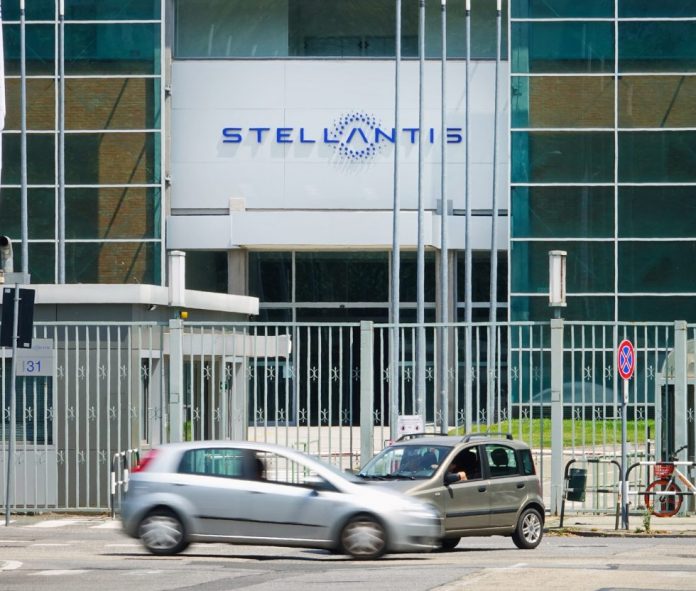Stellantis has revealed intentions to lay off thousands of workers at its Jeep operations in Detroit, Michigan, and Toledo, Ohio, blaming California’s emissions restrictions for the company’s competitive disadvantage.
The automaker has stated that 2,455 workers at the Detroit facility that produces the Jeep Grand Cherokee, as well as an additional 1,225 workers at the Toledo plant that produces the Jeep Wrangler and Gladiator, may be impacted. Due to the Jeep brand’s declining sales, Stellantis intends to reduce output at both the 4,600-person Detroit plant and the Toledo facility by eliminating one of its three shifts and switching from an alternate work pattern to a standard two-shift operation.
The job losses will take effect as soon as February 5, 2024.
Along with other automakers, Stellantis has actively opposed Biden’s efforts to increase the number of EVs and reduce carbon emissions, claiming that strict regulations may cost the corporation billions of dollars in fines.
Stellantis has restricted its EV and internal combustion engine (ICE) car shipments to dealers in the 14 states that have ratified California’s emissions regulations. Indicating that California’s regulations will limit dealerships in certain states to selling only plug-in hybrid SUVs. In contrast, dealerships in states that do not follow these regulations will have a minimal inventory consisting primarily of internal combustion engine vehicles and few to no hybrid cars for sale.
Other companies in the industry are also laying off workers to conserve money, as analysts forecast slower growth next year due to economic uncertainties and stable-to-downward production levels. The Volkswagen Group announced that as part of a EUR10 billion savings strategy, personnel expenses will be reduced by 20%. Continental, a German auto parts supplier, said last month that it will be laying off thousands of employees as part of its restructuring.




